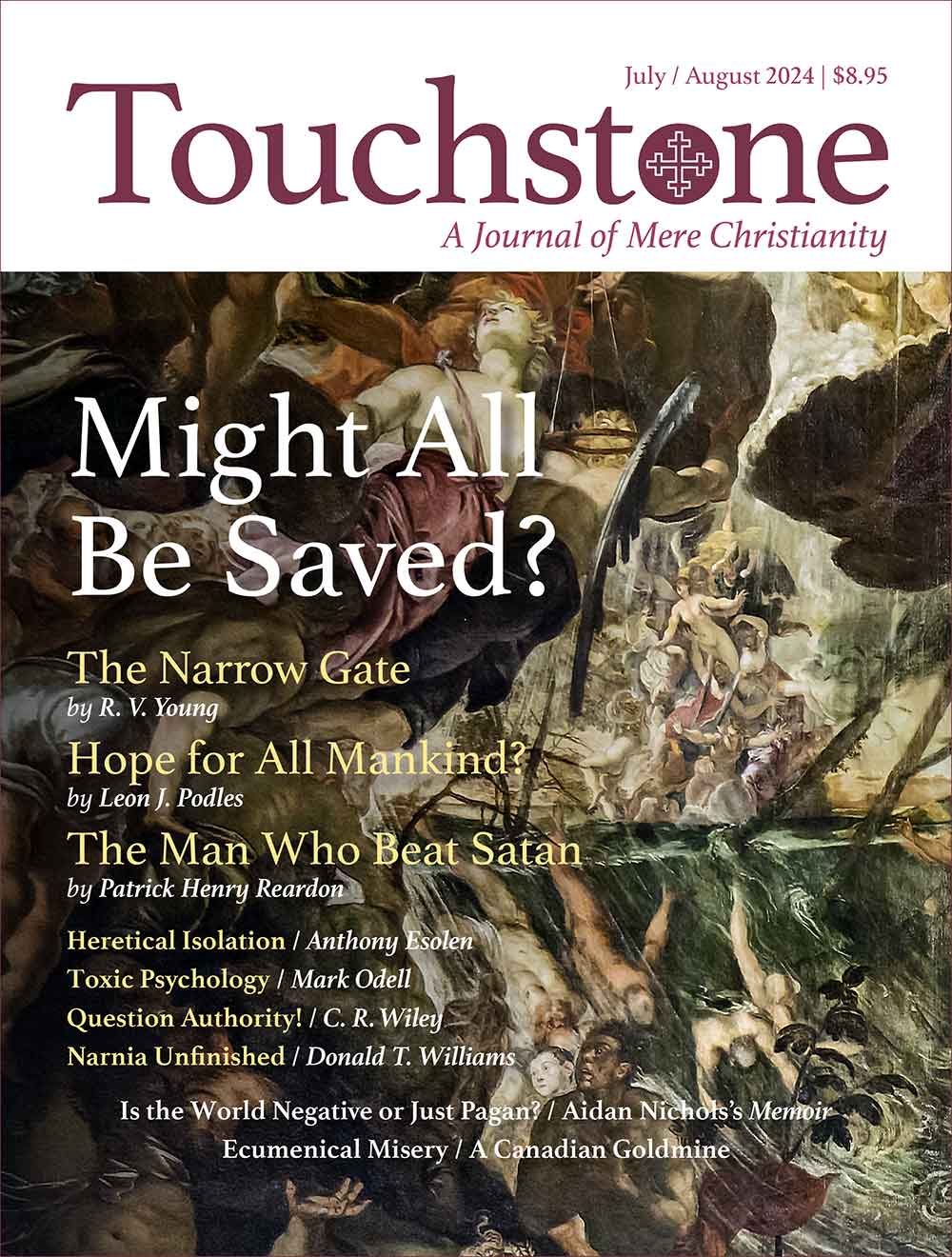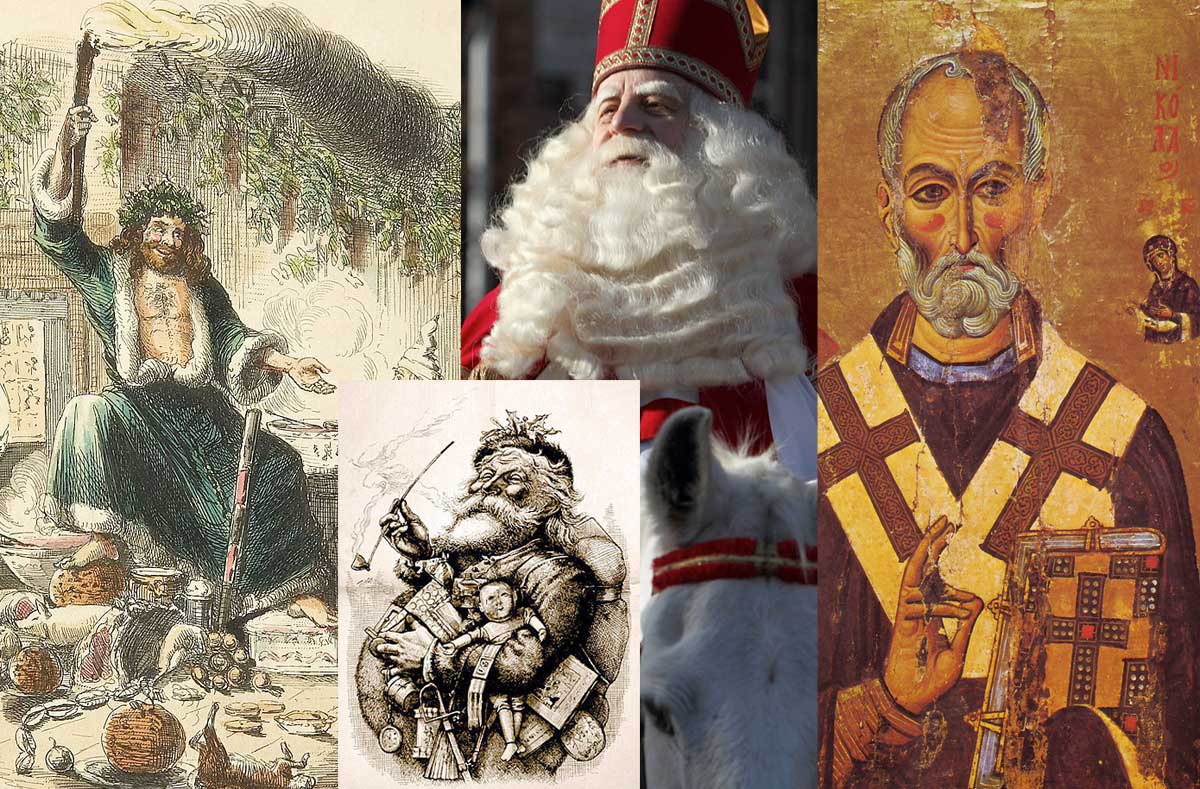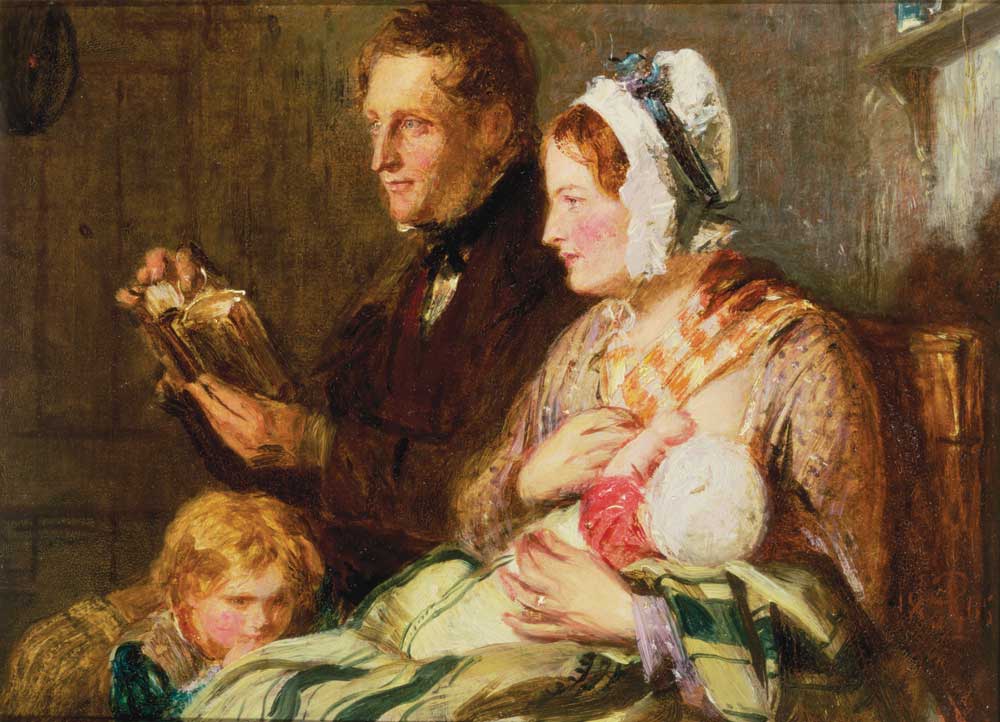A Calm Without a Storm
After his death in November 1924 at the age of 79, composer Gabriel Fauré was given the honor of a state funeral. After a procession through the streets of Paris, a service was held at the Church of Sainte-Marie-Madeleine, the neoclassical temple known colloquially as La Madeleine. Fauré had served as organist and choirmaster there, so it was a fitting site for his funeral. Fitting, too, was the recognition given in a state funeral, since from 1905 to 1920, Fauré had been the principal of the prestigious Conservatoire de Paris. This august institution had long been at the center of French cultural life, and Fauré was at its helm at a time when significant changes were made in how it was organized. The year he retired from that post, he was awarded the Grand-Croix of the Légion d’honneur, a rare tribute for a musician.
Fauré’s achievement as one of the most significant French composers of the late nineteenth and early twentieth centuries was thus honored, though he seems never to have pursued fame or notoriety. Said to have been a quiet and charming man, he is described by English music critic Nicholas Williams as “the most graciously civilized of French creative artists.” Williams observes that the French have always promoted a very particular understanding of a cultural ideal, and “Fauré’s music defines better than words what it stands for in terms of formal elegance and refined artistic passion.”
Intimately Devotional
During his lifetime, Fauré was best known for his songs (setting texts of French poets) and chamber music. But now, one hundred years after his death, a work of sacred choral music remains his best-known and most-performed composition. Fauré began work on his Requiem in 1887, in memory of his father, who had passed away two years earlier. Before he completed the work, his mother, too, had died.
THIS ARTICLE ONLY AVAILABLE TO SUBSCRIBERS.
FOR QUICK ACCESS:
Ken Myers is the host and producer of the Mars Hill Audio Journal. Formerly an arts editor with National Public Radio, he also serves as music director at All Saints Anglican Church in Ivy, Virginia. He is a contributing editor for Touchstone.
subscription options
Order
Print/Online Subscription

Get six issues (one year) of Touchstone PLUS full online access including pdf downloads for only $39.95. That's only $3.34 per month!
Order
Online Only
Subscription

Get a one-year full-access subscription to the Touchstone online archives for only $19.95. That's only $1.66 per month!
bulk subscriptions
Order Touchstone subscriptions in bulk and save $10 per sub! Each subscription includes 6 issues of Touchstone plus full online access to touchstonemag.com—including archives, videos, and pdf downloads of recent issues for only $29.95 each! Great for churches or study groups.
Transactions will be processed on a secure server.
more from the online archives
calling all readers
Please Donate
"There are magazines worth reading but few worth saving . . . Touchstone is just such a magazine."
—Alice von Hildebrand
"Here we do not concede one square millimeter of territory to falsehood, folly, contemporary sentimentality, or fashion. We speak the truth, and let God be our judge. . . . Touchstone is the one committedly Christian conservative journal."
—Anthony Esolen, Touchstone senior editor










